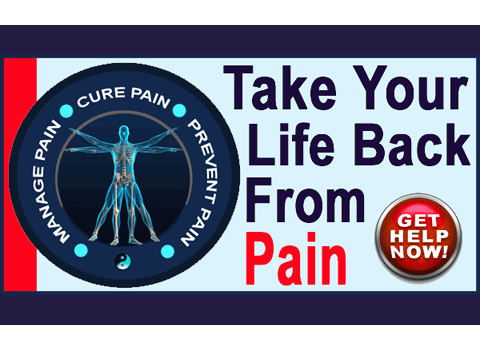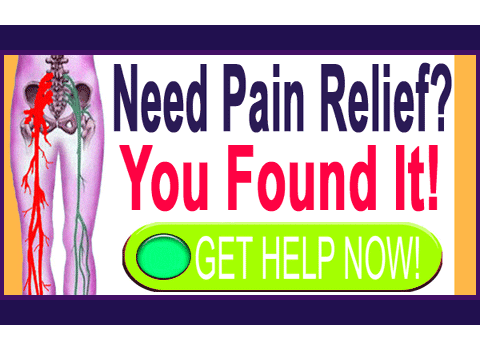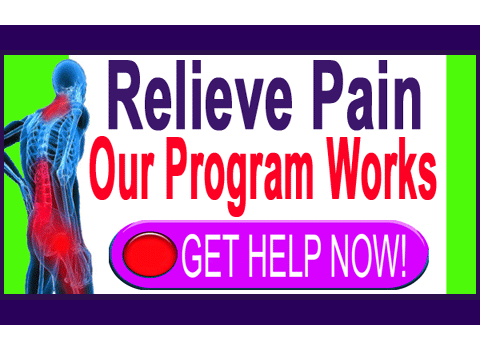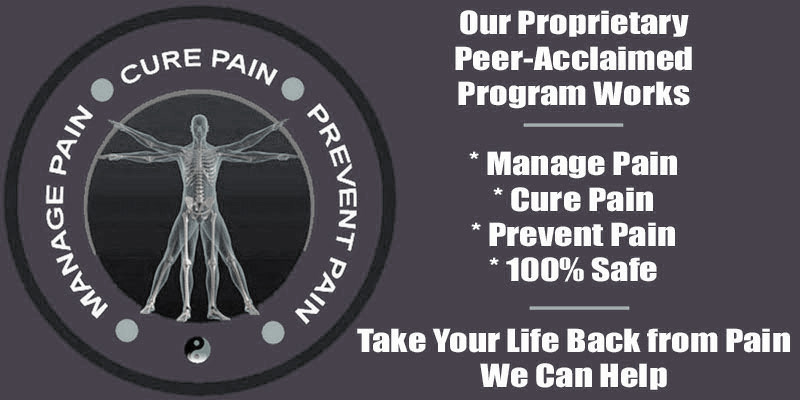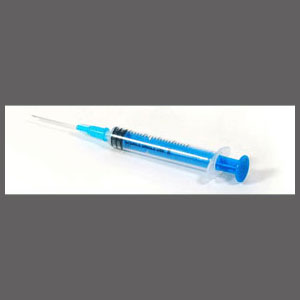
Spinal stenosis pain management is a very controversial topic of discussion with doctors and pharmaceutical critics alike. Pain management is the art and science of dealing with the symptoms of a condition, while not actually helping to resolve the actual source of the pain. There are many different approaches to pain management, ranging from the holistic and alternative to the new age to the traditional pharmaceutical. Of course, when most people hear the term, they immediately think of the many concoctions of back pain and neck pain drugs which have become such an inherent part of the dorsopathy treatment sector. It is this particular facet of pain management that has created all the controversy, while other non-pharmaceutical approaches often take the heat without need.
This narrative centers on the use of symptomatic modalities of care to manage stenosis pain and neurological effects.
What is Spinal Stenosis Pain Management?
As stated above, pain management is a medical or complementary health specialty which is exclusively focused on providing patients with the ability to cope with chronic and severe pain. Another name for this type of care is symptomatic treatment, since it only deals with the effects of a condition and does nothing at all to resolve the root cause of said condition.
The medical education system warns sternly against this type of care practice, clearly stating that symptomatic treatment should always be avoided unless deemed as necessity, and even then, for humanitarian purposes only. I guess that the pain management specialty skipped this lesson.
Now, do not get me wrong, I am a person with a kind heart and know that dealing with chronic suffering is a terrible fate to bear. Remember, I live with it too. I just wish that more doctors would work toward cures rather than just symptomatic care. The reason they don’t? Well, if you study the history of medical economics, this lesson will become painfully obvious… Ongoing symptomatic care is incredibly profitable. Meanwhile, cures actually deprive doctors of their customers, oops, I mean patients. Think of it as a business decision. Nothing personal.
Traditional Pain Management Practices
The traditional pain management specialty consists of medical doctors who love pharmaceutical treatment. These physicians offer injections, topical pain patches and lots and lots of pills to help patients deal with their symptoms. This specialty has led to the drastic increase in the occurrence of prescription drug addiction, despite strict cautions placed on the products used. If you have ever seen a life destroyed by pharmaceutical dependency, you will be able to appreciate just how serious this is.
Patients are rarely warned in advance that these pill programs will not provide them any long-term solution, may cause serious health risks and may make them susceptible to dependency issues, even when used as directed. All you have to do is open up the newspaper to read the many horror stories about drug studies and the previously unknown, or undisclosed, health risks associated with many of today’s once heralded miracle drugs.
Alternatives to Spinal Stenosis Pain Management
Many alternative and complementary care approaches can also be used to provide pain relief on an ongoing basis. Chiropractic is the most widely utilized, with acupuncture, reiki, massage and exercise therapy all being strong contenders.
TENS treatment, meditation, biofeedback and many others are also commonly seen components of a combined care stenosis program.
None of these therapies offer a real cure, and must be maintained in order to be effective, but at least none have the inherent risks for catastrophe common to the spinal stenosis drug treatments.
In this regard, I judge the holistic and natural pain relief modalities far superior in theory, if not in efficacy. I recommend a lesser known method of pain management that utilizes only constructive practices that improve life and minimize pain. Pain coaching is a great option for patients who truly want an effectual and risk-free way to mitigate pain and function better.
To learn more about any symptomatic treatment option, talk to your doctor. However it should be stressed that pursuing a lasting cure is always advised whenever it is available to you.
Spinal Stenosis > Spinal Stenosis Treatment > Spinal Stenosis Pain Management

